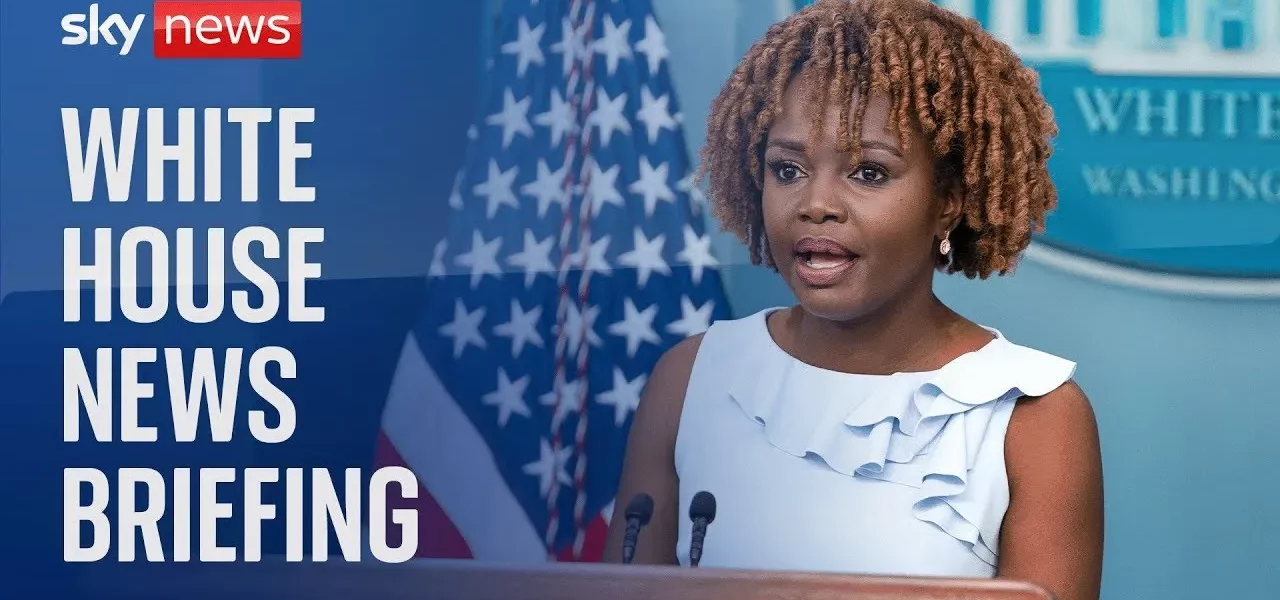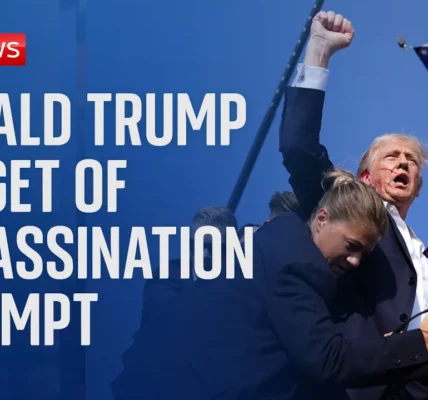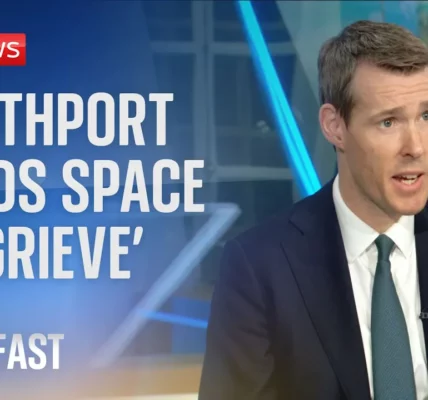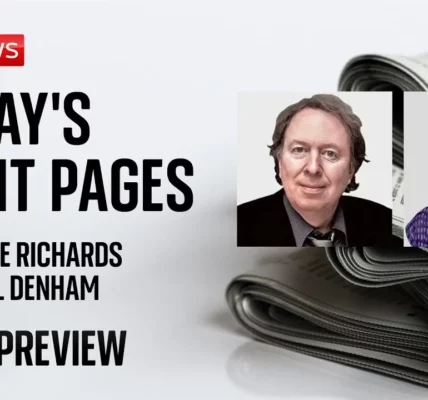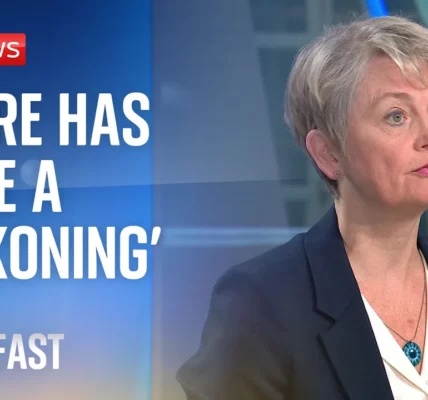Recent Political Developments: Secret Service Resources and Middle East Tensions

This article explores the recent political developments surrounding the Secret Service’s resource needs, concerns about escalating conflict in the Middle East, and the implications of political rhetoric in the United States, particularly in the context of recent violent incidents.
Introduction
Recent events have highlighted significant concerns regarding the adequacy of resources available to the Secret Service and the potential for escalating conflict in the Middle East, particularly involving Israel and Hezbollah. As tensions rise, political rhetoric has also come under scrutiny, especially in light of violence directed at public figures. This article delves into these issues, examining the implications for national security and the broader political landscape.
Secret Service Resource Needs
The President has expressed a strong belief in the necessity of ensuring that the Secret Service has all the resources and capabilities required to carry out its critical mission. This includes providing adequate funding and support amidst ongoing discussions in Congress regarding budget allocations.
Funding Requests and Congressional Support
In August, the administration submitted a list of budgetary needs to Congress to ensure that the Secret Service could operate effectively even during a continuing resolution. The request aimed to avoid disruptions to government services and maintain operational efficiency, particularly as the 2024 presidential campaign approaches.
Importance of Protective Measures
- Protection of the President and former Presidents
- Ensuring safety during public appearances
- Response readiness to threats and incidents
The Secret Service’s role is critical, and the President has emphasized the importance of enhancing protective operations. This includes a review of current protocols and a commitment to addressing any identified gaps in security.
Escalating Conflict in the Middle East
Concerns have been raised about the potential for increased tensions in the Middle East following reports of violent incidents, including an outbreak of exploding pagers in Lebanon. The White House has indicated that while it is monitoring the situation, it will not speculate on the involvement of foreign entities, including Israel.
Responses to Recent Incidents
The administration has underscored the need for a diplomatic resolution to ongoing conflicts, particularly along the Blue Line between Israel and Hezbollah. The President’s commitment to avoiding further escalation in the region remains a priority.
Diplomatic Efforts
- Engagement with international partners to foster dialogue.
- Support for ceasefire negotiations to reduce hostilities.
- Promotion of humanitarian assistance to affected populations.
These measures are seen as vital steps in stabilizing the region and preventing further violence.
The Role of Political Rhetoric
In light of recent political violence, the rhetoric used by public figures has come under intense scrutiny. The President and Vice President have consistently condemned violence in all forms, asserting the need for responsible communication to prevent inciting conflict.
Condemnation of Political Violence
The administration has made it clear that any form of political violence is unacceptable. This stance includes:
- Addressing the dangers of inflammatory rhetoric.
- Encouraging a culture of respectful political discourse.
- Calling for unity rather than division among Americans.
Impact on National Security
The language used by political leaders can have real implications for national security. The administration has emphasized the responsibility of all leaders to tone down aggressive rhetoric and to foster a more constructive political environment.
Conclusion
The recent developments regarding the Secret Service, escalating tensions in the Middle East, and the implications of political rhetoric underscore the complexity of the current political landscape. It is crucial for the administration to ensure that the Secret Service has the necessary resources to protect national leaders effectively, while also fostering diplomatic efforts to resolve international conflicts. As citizens, we must hold our leaders accountable for their words and actions, advocating for a political climate that prioritizes safety, unity, and constructive dialogue.
For more insights on related topics, consider reading our articles on the role of the Secret Service and political violence in modern America.
“`
